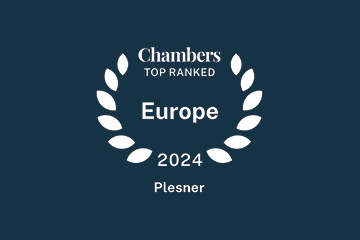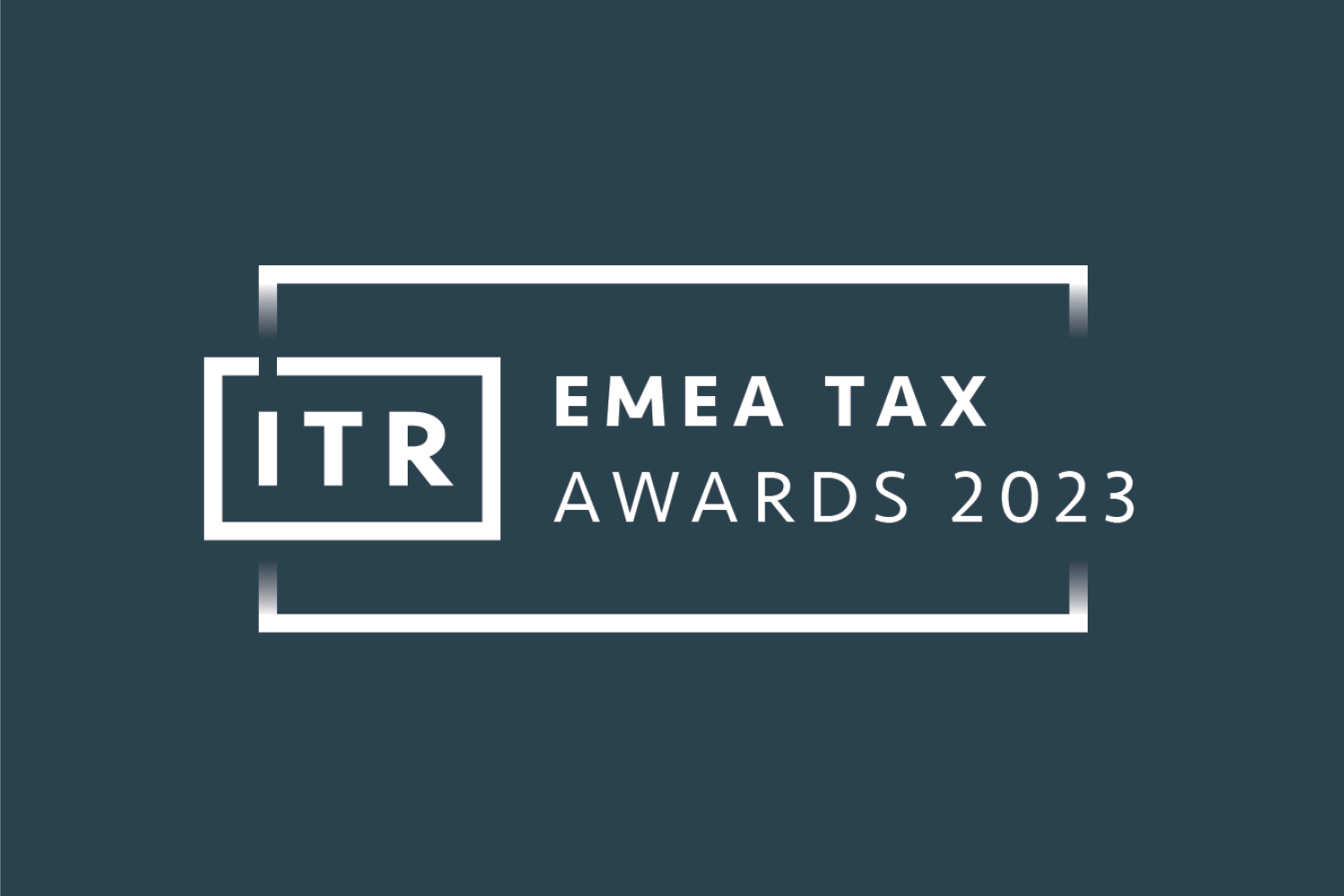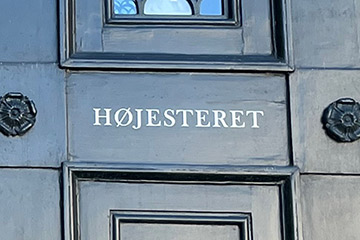Victory half way through the "beneficial owner" cases
In the pending tax cases on "beneficial ownership" the Danish Ministry of Taxation has now, after exchanging pleadings for many years, acknowledged that the Danish rules in force up to 2008, according to which a higher tax rate was imposed on withholding tax compared to the ordinary corporate income tax rate, are in conflict with the right of free establishment of the EC Treaty. Plesner plays a leading role in the pending court cases in which questions will now be referred to the Court of Justice of the European Union for its assessment of the many other EU law issues of the cases.
|
Since 2009, the Danish tax authorities have raised a significant number of claims against Danish corporations that have distributed dividends or paid interest to their parent companies, which are domiciled in other EU Member States, without withholding tax at source. The first case - the ISS case involving a billion Danish kroner plus claim - was finally settled by the Danish Eastern High Court in 2012 when ISS, represented by Plesner, won the case. The majority of the other cases are, however, still pending before the Danish courts that have selected a number of test cases for the purpose of referring the many EU law issues to the Court of Justice of the European Union. In respect of interest withholding tax, the then applicable Danish tax law implied that interest payments to foreign corporations subject to limited Danish tax liability on such payments were subject to a withholding tax rate of 30%. Against this was the ordinary Danish corporate income tax rate, ie the applicable tax rate for Danish corporations on their interest income, which was only 25% (2007). From the very beginning, Plesner made the claim that it was in conflict with Article 43 of the EC Treaty (free establishment) that Denmark levied a higher tax rate on interest received by a corporation domiciled in another Member State compared to the tax rate levied on a Danish corporation in respect of interest income. Against this, the Danish Ministry of Taxation has maintained for a long time that Denmark could very well apply different tax rates since the parent companies in the other EU Member States were not protected by the EC Treaty because they were not the beneficial owners of the payments in question. However, in connection with the, now imminent, reference to the Court of Justice of the European Union for its assessment of the many issues under EU law of the cases, the Danish Ministry of Taxation has now changed its opinion and has acceded to the claims of the tax payers that the law is in conflict with EU law. The tax claims raised by the Danish tax authorities will consequently be reduced to reflect this. However, as for the many other EU issues of the cases, the taxpayers have to await the judgment of the Court of Justice of the European Union. |







